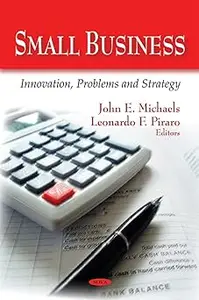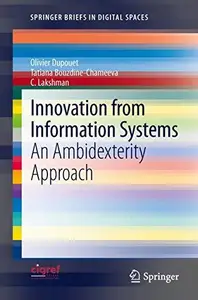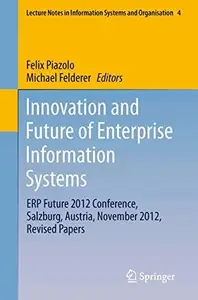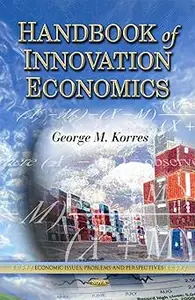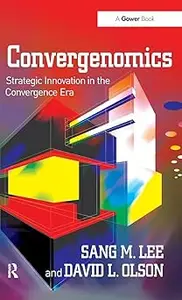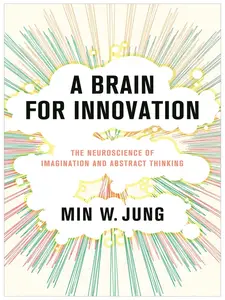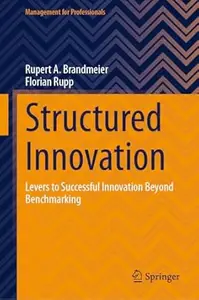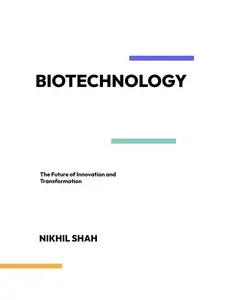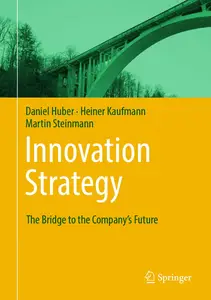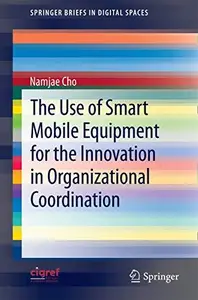
Free Download The Use of Smart Mobile Equipment for the Innovation in Organizational Coordination By Namjae Cho (auth.)
2013 | 36 Pages | ISBN: 3642308465 | PDF | 1 MB
Recent increases in uncertainty and speed of market change are driving the adoption of new intelligent mobile office systems. Organizational information systems paradigm suggests that a right match between organizational characteristics and the use of technology is critical in producing desired results. Following such perspective this study focused on the relationship between task characteristics and the use of mobile office systems with an intention to find out factors that affect the adoption of modern mobile office systems. The research results show that in performing tasks with high mobility users tend to use extensive mobile office functions. When the task has a high level of interdependency with external business partners, users relied on specialized mobile functions such as FFA, SFA and ERP. Highly volatile environment with many unexpected task changes caused an extensive use of task specific functions that help to solve problems at hand. Further, analyses of the differences of mobile office use by department showed that sales department used more communication functions than others, while administrative departments rely more on such task specific functions as mobile CRM and KM than others. Additional case study shows how the application of new technology the effectiveness of organizational coordination. Based on the research the concept of convergent coordination is suggested as well as the direction for future research.
